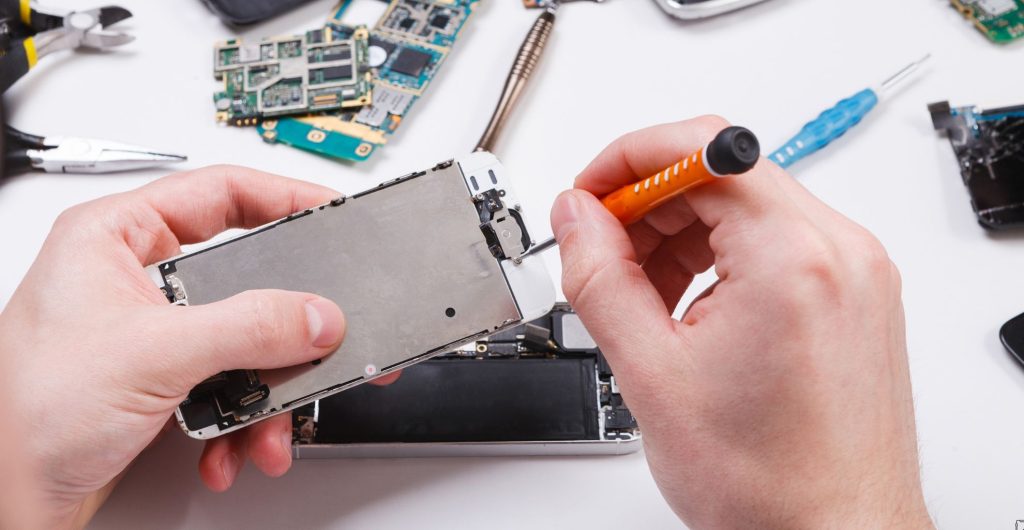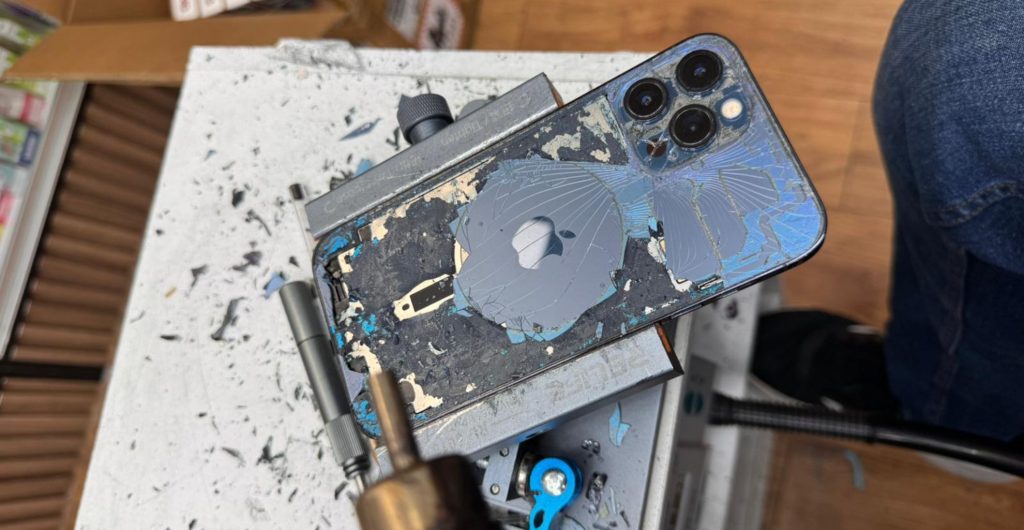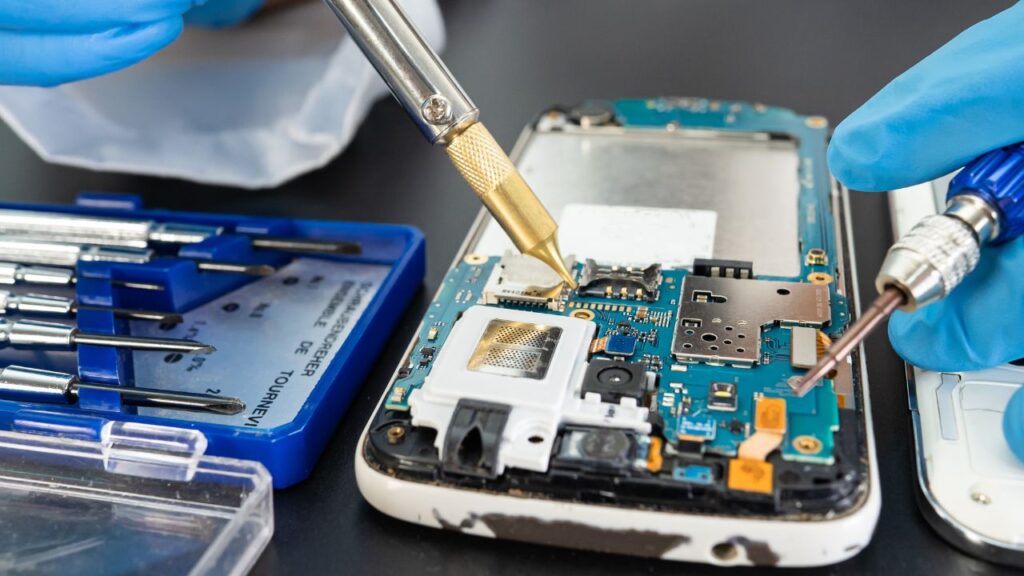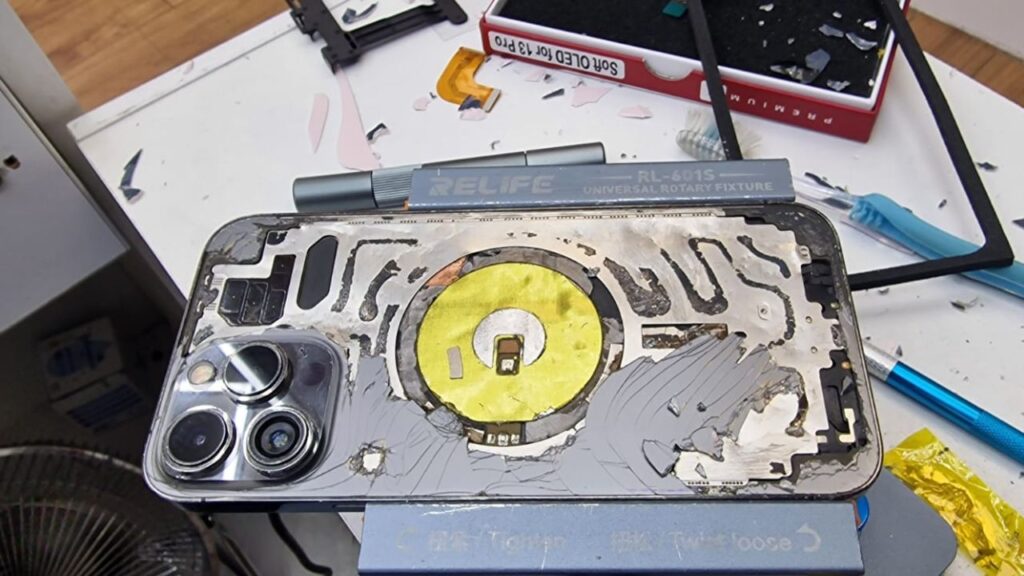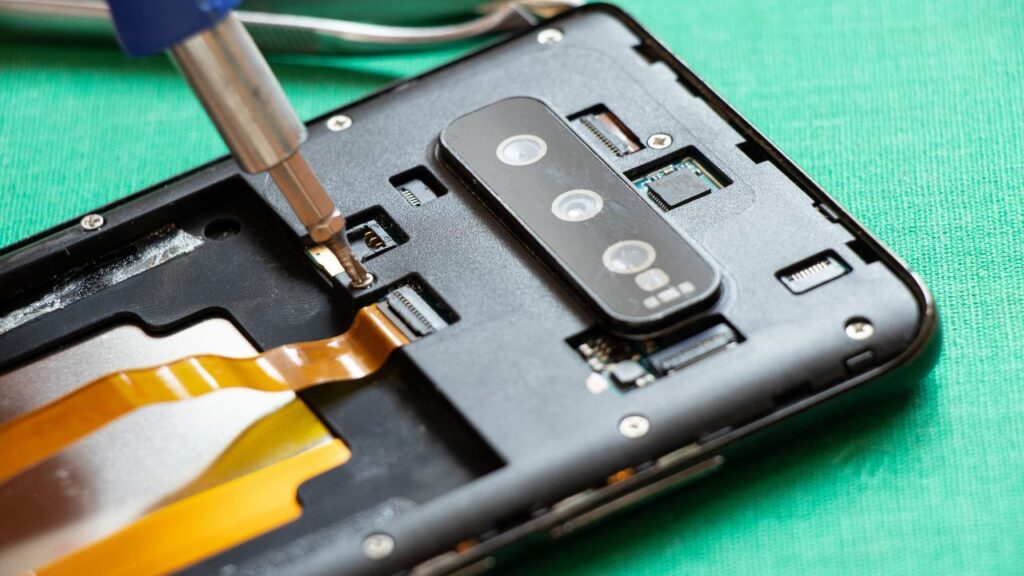Choosing the right laptop repair shop is often more important than many people realize. The decision impacts not only the immediate repair but also the long-term health and performance of your device. This article walks you through everything you need to know before handing over your laptop—from researching reputation and checking certifications, to evaluating turnaround time, quality of parts, customer service, and warranties.
I’ll also share a bit of personal experience from years in the repair industry, where I’ve seen the difference between trusted providers and shops cutting corners. Along the way, you’ll learn how to compare pricing fairly, consider location convenience, ask the right questions, and even weigh remote support options. Tables are included to help compare costs, services, and warranties so you can make an informed choice.
By the end, you’ll be able to confidently choose a laptop repair service that protects your investment and gives peace of mind.
Table of Contents
Research and Reputation
When selecting a repair service, the first step is always research. Established businesses with a strong reputation usually have consistent feedback across online platforms like Google Reviews, Yelp, and Trustpilot.
From my own experience, I’ve noticed that genuine reviews often mention the same recurring themes—whether it’s promptness, friendliness, or the caliber of repair. This “pattern” is what you should look out for.
Here’s a quick way to gauge reliability:
| Source | What to Look For | Red Flags |
|---|---|---|
| Google Reviews | Overall star ratings + detailed feedback | Short, vague, repetitive comments |
| Trustpilot | Verified customer experiences | Sudden influx of 5-stars |
| Yelp | Balance of good & critical reviews | No responses from business owner |
Expertise and Experience
Laptop repairs can be complex. A shop with certified technicians (CompTIA, Microsoft, etc.) usually means they’re equipped to handle both hardware repairs and software troubleshooting.
I’ve seen customers come to Phone Doctor after cheaper shops attempted a “quick fix” but ended up causing data loss. The difference almost always comes down to whether the technician had the right training and experience.
Range of Services
The right shop should be a one-stop-shop for common needs:
- Hardware repairs (screen replacement, charging port issues)
- Software troubleshooting (virus removal, OS reinstallation)
- Data recovery
- Smartphone repair add-ons (many shops, including Phone Doctor, also fix Samsung and iPhone devices)
The broader the service range, the less hassle for you.
Quality of Parts and Equipment
Not all parts are equal. Genuine, high-quality components mean your laptop lasts longer. Shops that rely on cheap, counterfeit parts may compromise the integrity of your device.
Tip from experience: Always ask if the repair shop offers OEM or certified replacement parts. If they avoid answering directly, that’s a red flag.
Turnaround Time
Time matters. If you rely on your laptop for work or study, a quick turnaround is essential—but speed should never compromise quality.
| Shop Type | Average Turnaround | What It Tells You |
|---|---|---|
| Established, reputable | 1–3 days | Efficient but careful |
| Too fast (same-day complex jobs) | Suspiciously quick | Possible corner-cutting |
| Too slow (weeks) | Lack of resources | Delays in parts or expertise |
Customer Service and Support
From the moment you walk in, the way staff treat you matters. Friendly, knowledgeable technicians who explain things in simple terms make the entire experience smoother.
Shops like Phone Doctor also provide after-sales support, which is invaluable if an issue resurfaces.
Warranty and Guarantee
A warranty isn’t just paperwork—it’s a reflection of confidence in workmanship.
| Warranty Duration | What It Means |
|---|---|
| 30 days | Bare minimum, not ideal |
| 3–6 months | Standard coverage for parts & labor |
| 1 year+ | Excellent, shows strong confidence |
If a shop doesn’t offer any guarantee, think twice.
Affordability and Transparency
Cost should never be the only deciding factor, but it is important. Transparent pricing with no hidden fees is a sign of a trustworthy provider.
From experience, when I see a shop offering repairs “too cheap,” I often suspect the use of inferior parts or rushed jobs. A fair quote should include diagnostics, parts, labor, and any additional fees.
Location and Convenience
Proximity matters. Choosing a repair shop close to home or office saves travel time and costs. That said, don’t sacrifice quality for convenience—sometimes a slightly longer trip to a trusted shop is worth it.
Additional Considerations For Choosing the Right Laptop Repair Shop.
- Not too many ads: Don’t get swayed by flashy advertising; analyze service quality first.
- Know the repair cost upfront: Always request a written quote.
- Ask questions: Clear doubts about processes, timelines, and potential risks.
- Explain your problem briefly: Helps technicians diagnose faster.
- Specific reference: Referrals from family or friends are often more reliable than ads.
- Remote support: For software issues, remote troubleshooting can be a time-saver.
- Visit the service center: A clean, well-organized space often reflects professionalism.
My Final Word
Having worked in the repair industry, I can confidently say that choosing the right laptop repair shop is about trust, expertise, and transparency. A shop like Phone Doctor, with certified technicians, genuine parts, warranties, and strong customer reviews, checks all the right boxes.
Your laptop is a valuable investment. Don’t entrust it to anyone who doesn’t treat it that way.





